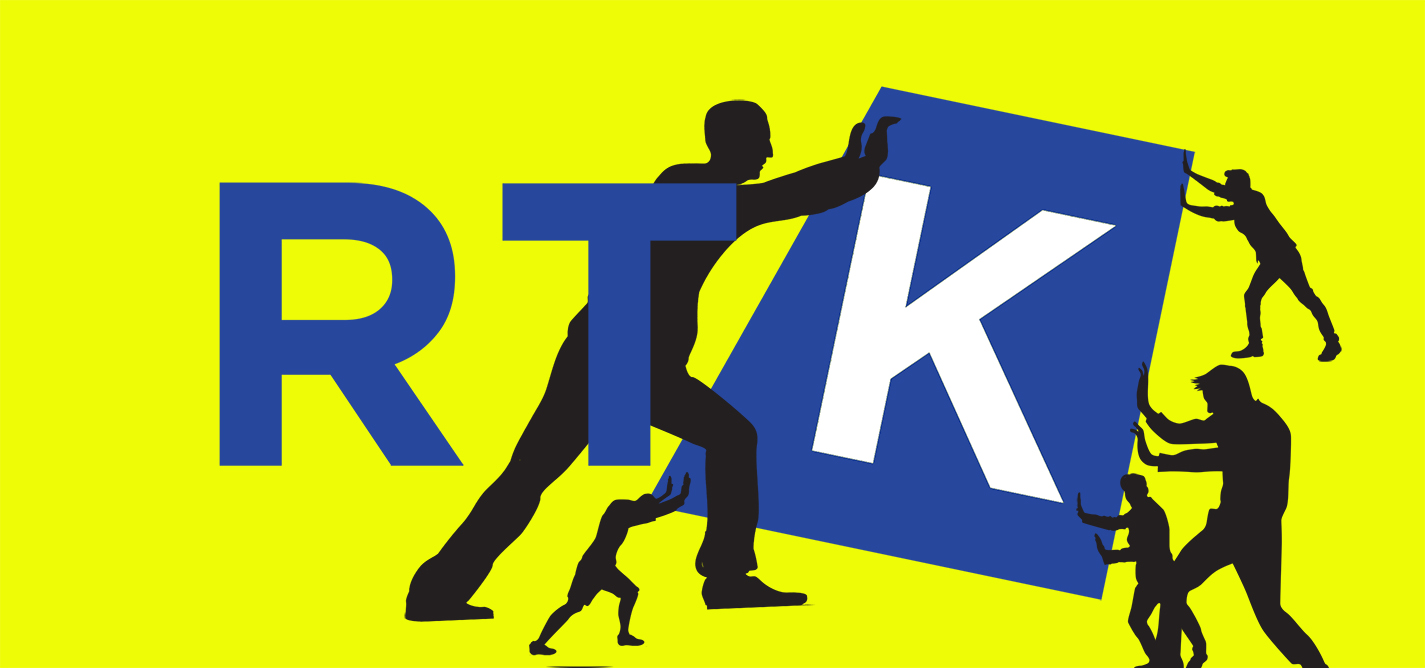
RTK under fire for irregularities
Nine journalists clash with management of Kosovo’s public broadcaster.
|23.08.2019
|
The journalists have suggested that the internal debate was made public with the objective of intimidating them.
AGK stated that it is very concerned and demanded that the RTK management immediately distance itself from these claims.
“RTK is a captured television broadcaster that is controlled by the Democratic Party of Kosovo and other parties.”

Liridon Rama
Liridon Rama has graduated from the Faculty of Law at the University of Prishtina and is a mentee in K2.0’s Professional Shadowing Mentorship Program (2019). He decided to apply for the mentorship program because he believed that working with K2.0 would serve to further develop his skills in writing and publishing.
This story was originally written in English.